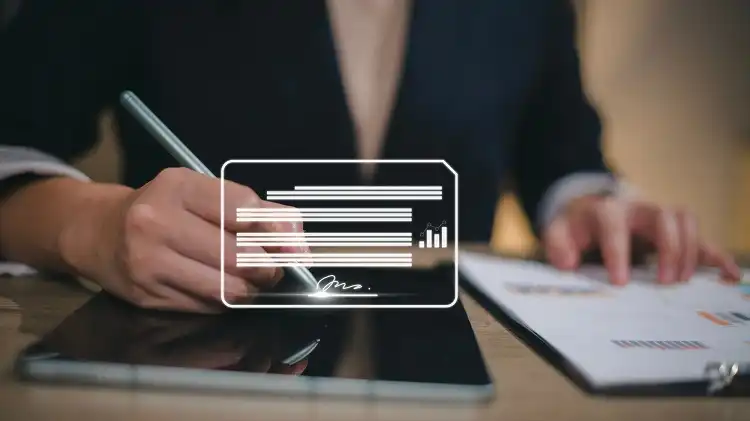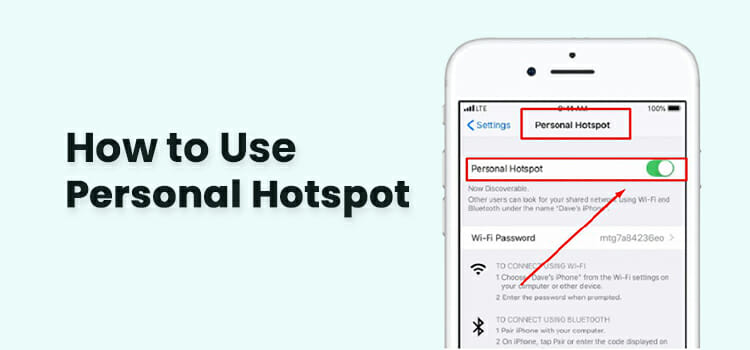Is It Safe To Use Digital Signature Generators? | 5 Things To Know
In today’s rapidly evolving digital landscape, digital signatures have gained prominence as a practical solution for signing documents electronically. These signatures simplify various processes for individuals and businesses by reducing the dependency on physical paperwork. Nevertheless, questions about the safety and security of digital signature generators might arise. This article delves into the different aspects of digital signature generators, helping you determine their safety for your needs.

Analyzing the safety and security of Using Digital Signature Generators
Some crucial things to know about digital signature generators –
1. Deciphering Digital Signatures
Digital signatures represent a type of electronic signature that adds an extra layer of security and authentication to the signing process. They employ cryptographic methods to confirm a signed document’s authenticity, integrity, and non-repudiation. When you use a digital signature to sign a document, it generates a unique code connected to your identity, which makes forging your signature a challenging task.
A significant advantage of using digital signatures is their legal standing. In numerous countries, digital signatures hold legal weight and are considered on par with handwritten signatures. Trustworthy digital signature generators provide electronic signature services that comply with regulations like the ‘Electronic IDentification, Authentication, and Trust Services’ (eIDAS) in the European Union and the ESIGN Act in the United States.
2. Evaluating Security Features Of Digital Signature Generators
When assessing the safety of digital signature generators, it’s crucial to consider the security features they offer. Reliable digital signature generators use encryption and secure hashing algorithms to protect the data transmitted during the signing process. This ensures that any data exchanged between the parties are protected from unauthorized access or tampering.
Additionally, reputable digital signature generators employ a public key infrastructure (PKI) to verify the authenticity of the signatures. PKI involves the use of digital certificates issued by trusted certificate authorities (CAs) that vouch for the signer’s identity. This adds an extra layer of security and trust to the signing process.

3. Selecting The Ideal Digital Signature Generator
It’s essential to remember that not all digital signature generators are of the same caliber. To guarantee that you’re using a safe and secure platform, consider the following factors when choosing a digital signature generator:
- Regulatory compliance: Make sure the digital signature generator complies with relevant legal standards and regulations, including eIDAS and the ESIGN Act.
- Security features: Opt for digital signature generators that utilize encryption, secure hashing algorithms, and PKI to safeguard your data and authenticate signatures.
- Credibility and user feedback: Investigate the digital signature generator’s reputation and examine user reviews to assess its dependability and security.
- Ease of use: A secure digital signature generator should also be user-friendly and compatible with your existing processes. Seek platforms with intuitive interfaces and smooth integration with widely-used document formats and software applications.
4. Adopting Best Practices For Digital Signature Generators
To ensure the utmost safety when using digital signature generators, adhere to these best practices:
- Safeguard your credentials: Secure your login information and digital certificates. Refrain from sharing them with others and create strong, unique passwords for your accounts.
- Confirm the recipient’s identity: When signing documents, verify that you’re sending them to the intended recipient. Authenticate their identity before starting the signing process.
- Monitor signed documents: Keep a record of the documents you’ve signed using digital signatures. This can help you manage your signed documents and offer protection in case of disputes.
- Stay up-to-date on security developments: Remain informed about the latest security news and updates related to digital signatures. This awareness will help you stay alert and protect your data from threats.
5. Envisioning The Future Of Digital Signatures
As technology advances, digital signatures will likely become even more secure and widely adopted. New developments in areas like blockchain technology and biometric authentication can potentially enhance the security and reliability of digital signatures. As such, they seem an even more attractive solution for signing documents electronically.
Moreover, as digital signatures gain more legal recognition and acceptance worldwide, businesses and individuals can expect greater efficiency and convenience in their transactions. This shift toward digitalization will not only save time and resources but also contribute to a more eco-friendly and sustainable approach to document management.
By staying informed about the latest advancements in digital signature technology and adapting to the changing landscape, you can ensure that you’re using the most secure and efficient solutions for your document signing needs.
Conclusion
Using digital signature generators can be a safe and efficient way to sign documents electronically, provided you choose a reliable platform with strong security features and adhere to best practices. By understanding digital signatures, evaluating the security measures offered by digital signature generators, and following recommended guidelines, you can confidently use digital signature generators to streamline your document signing processes.
Subscribe to our newsletter
& plug into
the world of technology





